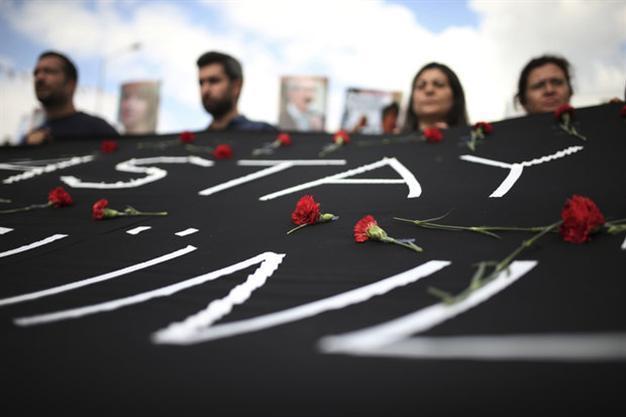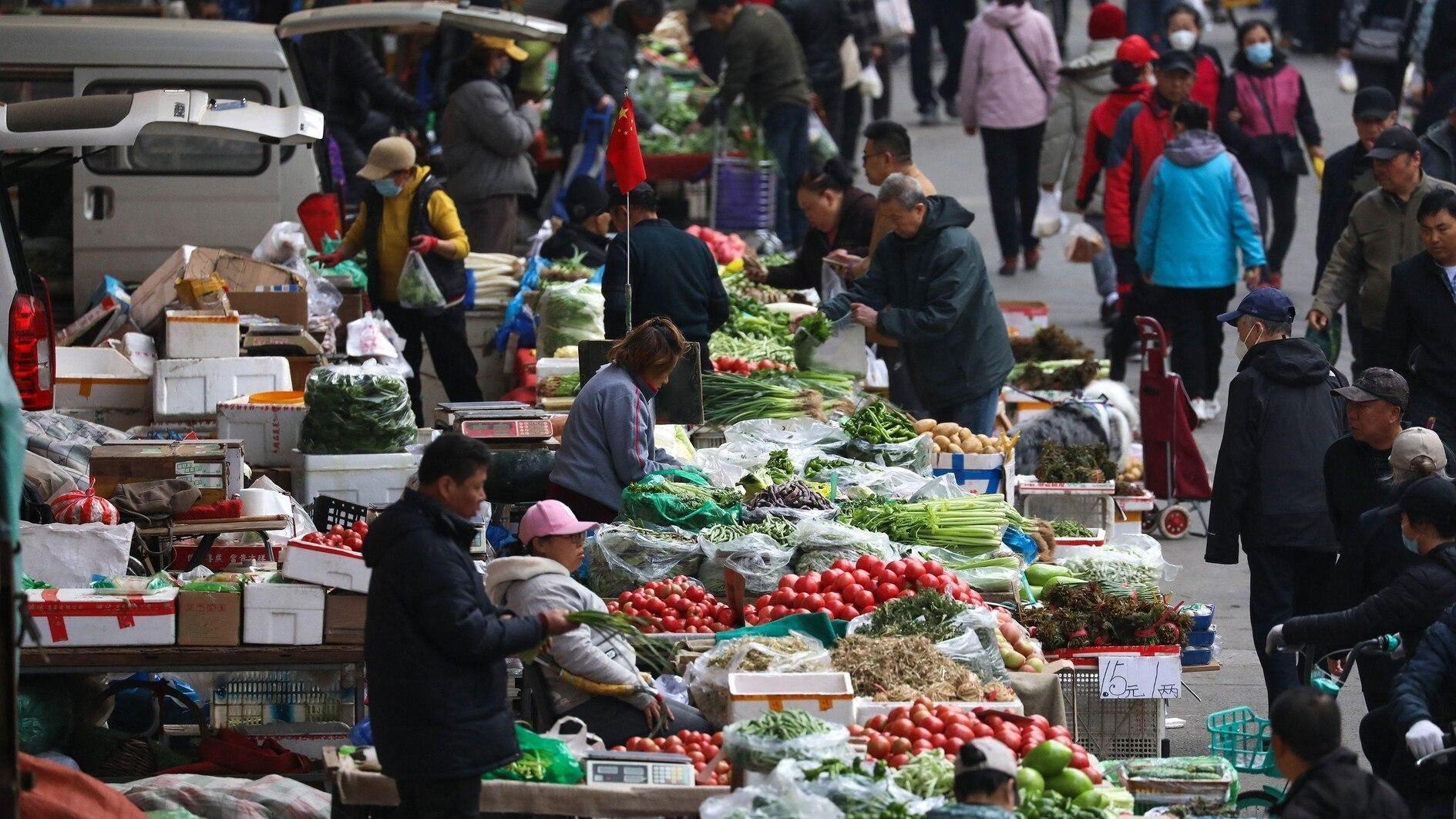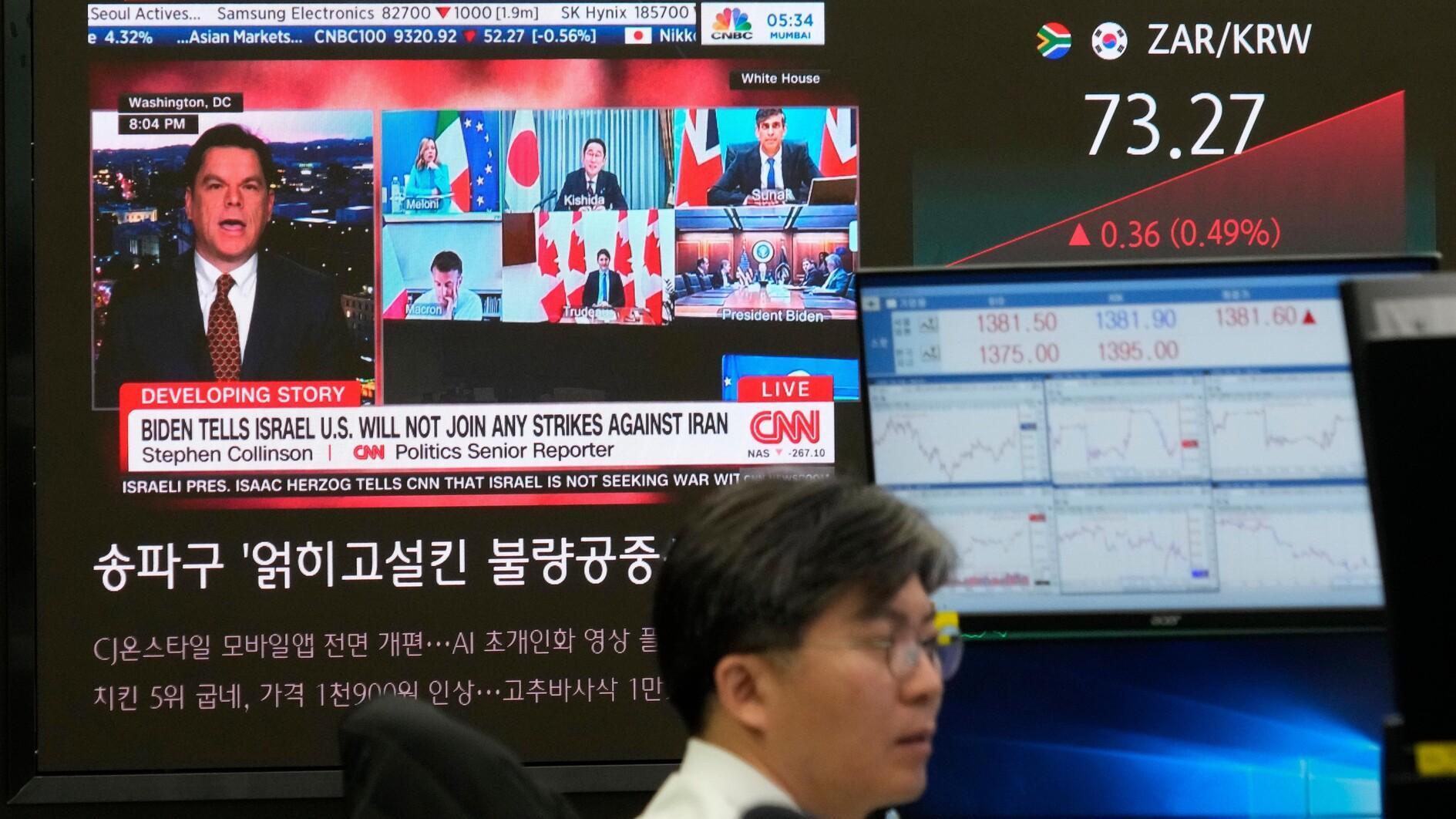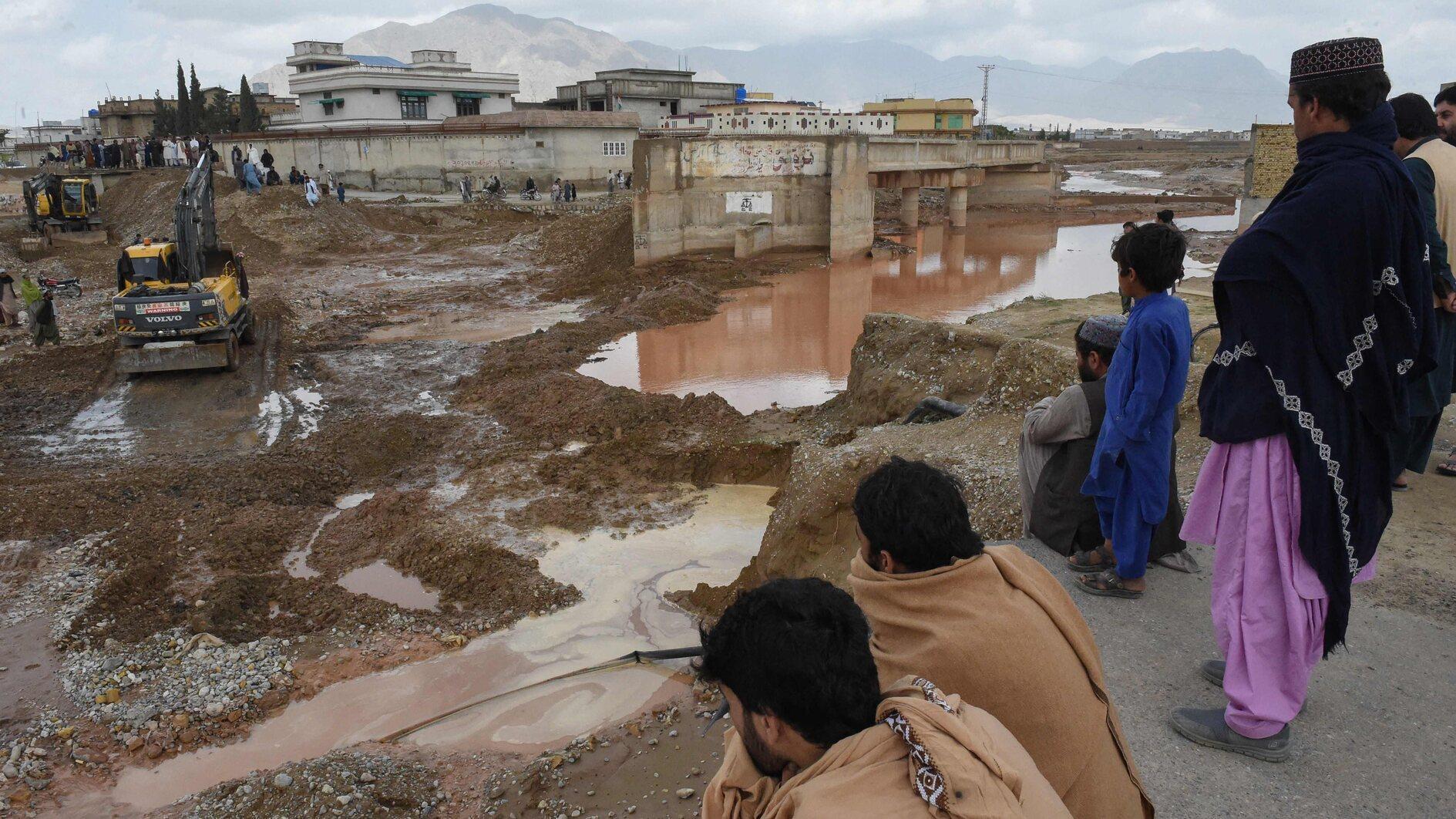5 ways to resume life after the Ankara bombing
Nazlan Ertan - nazlanertan@gmail.com

People carry a banner against the bombing attacks in Ankara on Oct. 10, during a protest in Izmir, Turkey, Tuesday, Oct. 13, 2015. AP photo
If you are like the majority of the people who live in Turkey (Turkish and foreign) who I know, you are either numb with sorrow, outraged or both.It is a time when the ordinary question “How are you” gets real answers. In the last one week, the question has become “How are you today,” because we know our so-called wellness has become an ever-changing barometer: “Bad, Very Bad, Very Angry, Furious, Deeply Worried about Further Instability, Disgusted with the Politicians, Ashamed to Go on Living...”
We took/take baby-steps in resuming our life, ready to step back if anybody thinks we have gone too far and ready to strike at anyone who we think is recovering too quickly. “I understand your happiness with the results of the soccer match, but a bit moderation please,” wrote a friend to another on Facebook. “I am still recovering, respect my pain.”
Two friends gave a sharp retort to a friend who posted a photo of herself raising a glass with friends; she ended up explaining this was an old photo that the Facebook timeline had repeated.
Siri Hutsvedt, the brilliant writer of “What I Loved,” wrote a year after 9/11 that the grief had made rude New Yorkers not only polite but “nice” toward each other, because they had realized the fragility of life. I am not sure that our common sorrow made us nicer or more tolerant if politicians, friends and social media are anything to go by. Our tolerance, never in great supply, has become even shorter. Our anger not only targets the political parties we do not support but those who support a party that we don’t.
Conversations have become more difficult, rhetoric either angry or accusing, followed by silence filled with resentment. TV programs appear to be hosting the same people, repeating the same language of blame: which party/politician is more responsible, pointing accusing fingers, laughing, no, sneering, at blunders. Words such as “I curse those who jeer/who cannot condemn terrorism/who have talked with terrorists/who do not know the difference between 180 degrees and 360 degrees” have become common. We are too angry, not only with the government but with each other; we are unable to mourn together.
But time’s arrow does not stop – nor does it quite move in a straight line. Slowly, news programs take up new subjects and so do our own conversations, face-to-face or through social media... People go back to the public space, to the terraces to catch the final glimmers of the autumn sun.
So how can we slowly heal, despite the sorrow, so we can maintain the delicate balance between sanity and being well informed? This is my five point list:
1. Read – not only the papers but books that are relevant to your mood: A great admirer of HDN’s “Folded Corner,” my humble list would be books I read long ago: Lawrence Durrell’s “The Alexandria Quartet,” which is set in Egypt before World War II, about a love affair that seems to be a cover-up of another love affair. The book’s plot is actually a political one – a strong novel about the many faces of power, truth and the ego. Then again, I also go back to Amin Maalouf’s “Identity,” which, among many strong ideas, explores how our language creates “the other” and finally, Marquez’s “The Autumn of the Patriarch,” another great work that reminds us even eternal dictators can be found dead in their palaces. Ah, for modernists, Ben Elton’s “Blind Faith” about a dystopian society where you have to name your children after consumable products, say “Thank the Love” all the time and live with your camera open so neighbors can always watch you...
2. Stop arguing about politics with friends and strangers... really: This is not a time to discuss politics with people you have not seen since university. All sides are too sensitive, too polarized and too outraged. Besides, do you really care what they think? Instead, call up friends whose sensitivity has the power to heal you, even if they are far away.
Stop responding to friends of friends on social media. You don’t even know the person and you want to set them right on what they think just because you both happen to be on Twitter and Facebook. I don’t think so. Also, stop policing other people’s reactions, particularly on Instagram: Yes, Turks love putting up photos of food and drink, as well as children’s parties. If you cannot bear to see it, use the block, unfollow and turn off buttons.
3. Read international news and a bit of current history: Gain a sense of perception and find out how others are “stubbornly pushing for peace.”
4. (Re)discover art: Mexican artist Maddalena Forcella in Ankara, French conceptual artist Daniel Buren in Izmir and endless “pearls” in Istanbul... there is plenty of new art just around the corner. When they asked Churchill during World War II to stop art activities, he replied: “Then what are we fighting for?” Support art and use its power to unite, heal and, most important of all, rebel.
5. Volunteer to help those who need help: Reach out to Syrian refugee efforts, families of the victims and “Vote and Beyond” for the elections. If you are worried, do something.
















